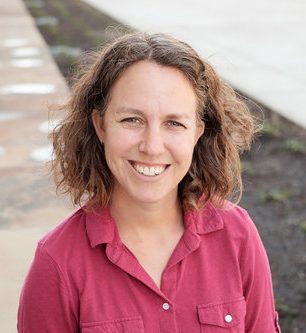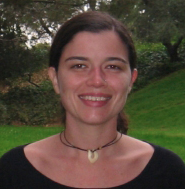
Fernando Riosmena, University of Colorado
"A re-appraisal of thinking on and the empirical evaluation of migration theories"
Abstract: Over the last quarter Century, there has been considerable efforts to systematize knowledge on and empirically test the drivers of population mobility around a set of eight theories that either explain the initiation or continuation of international labor migration flows. In this presentation, I provide a reflection aimed at furthering theoretical development and empirical testing of these theories. I do so by: (1) providing more specific guidance on how the different theories’ overlapping scales of influence interrelate more specifically than examined in prior work; (2) arguing for a more complete formulation of some of these theories to better explain contemporary immigration flows; and (3) discussing whether/how these theories can help bridge the understanding of the “drivers” of internal vs. international migration, and of labor vs. other kinds of mobility, including some forms of forced displacement. Throughout, I also discuss how the quantitative testing of these theories has fallen into pitfalls of both thinking measurement, which have likely led to a misattribution of the relative importance of some theories, suggesting some refinements on the empirical validation of and the more general use of these theories in guiding empirical analysis going forward.
*Co-sponsored with the Center for the Study of International Migration and the Center for Mexican Studies













